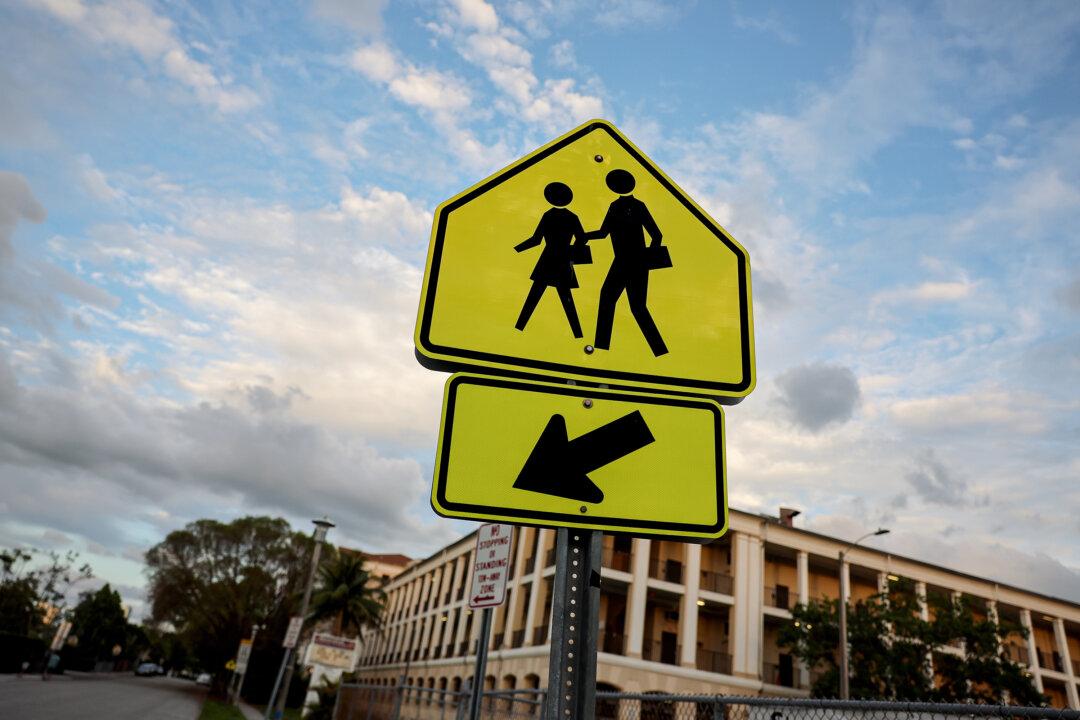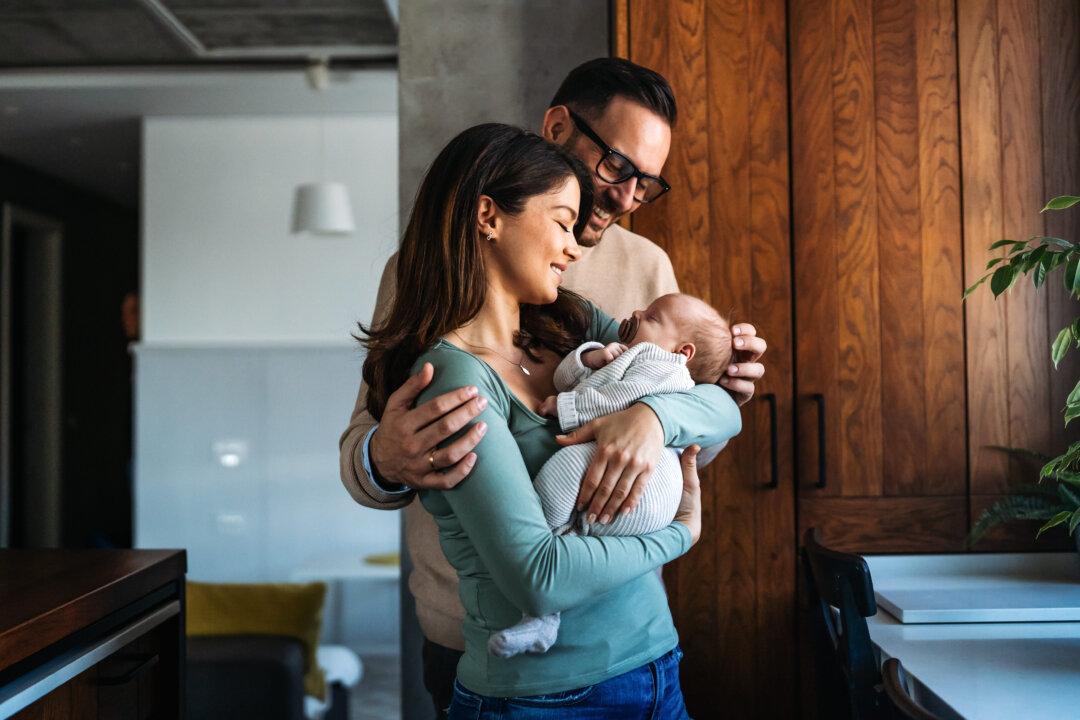Commentary
In my socially cloistered youth, I assumed that summer camp—especially the sleep-away kind for at least a month’s duration—was the norm for children and teens. In time, I realized that most summer camps were like most private schools—a norm for children of privilege.





